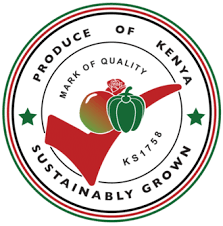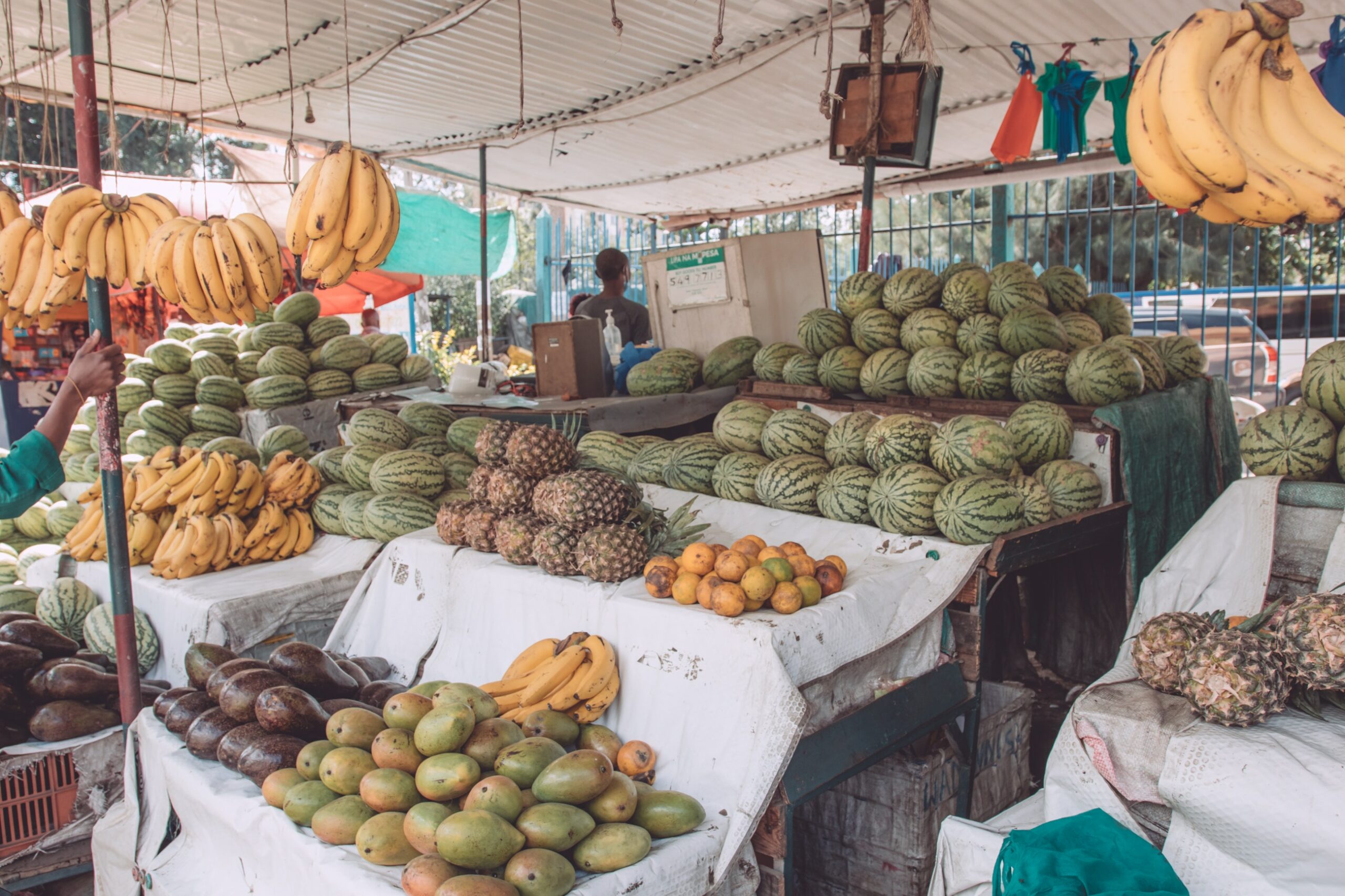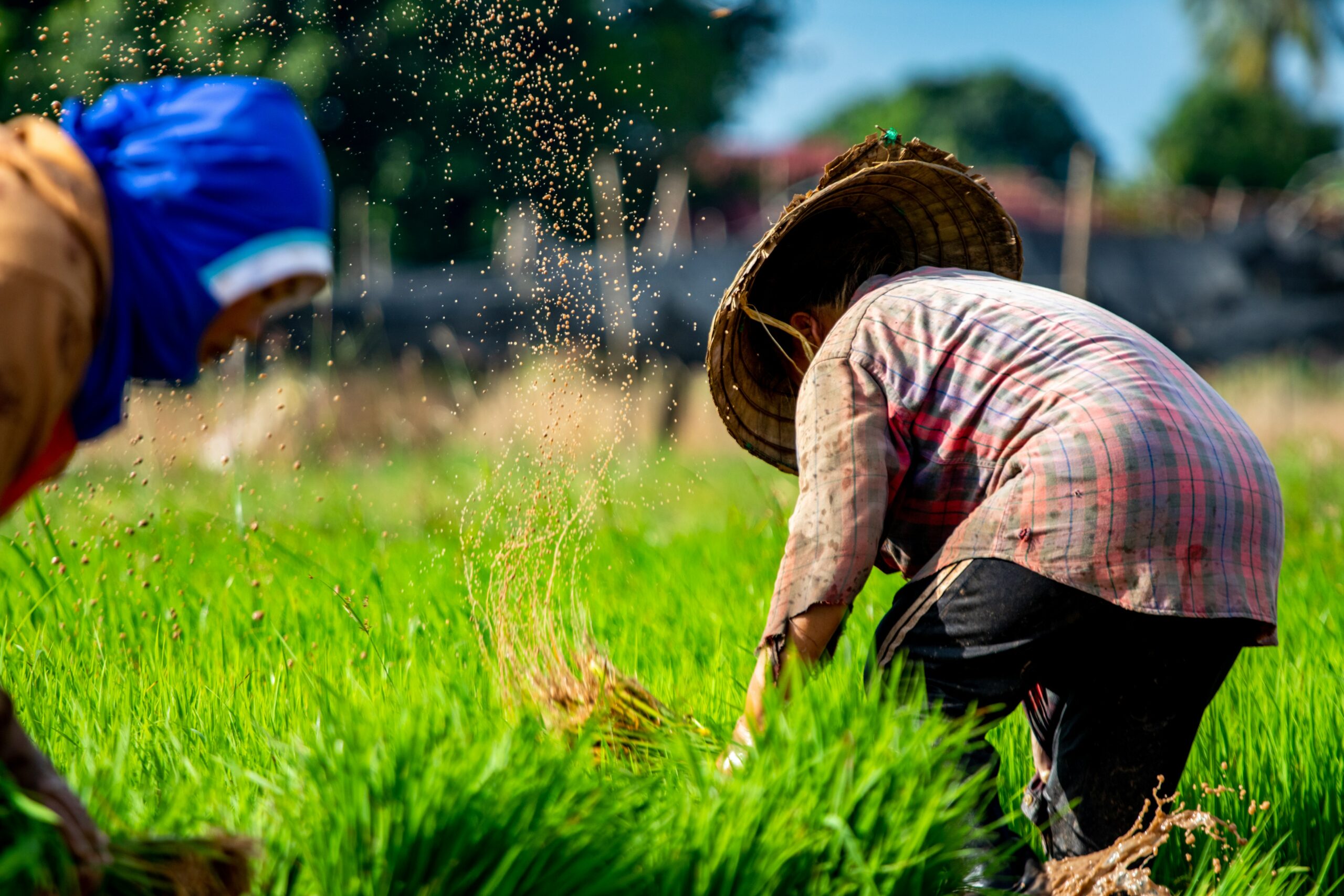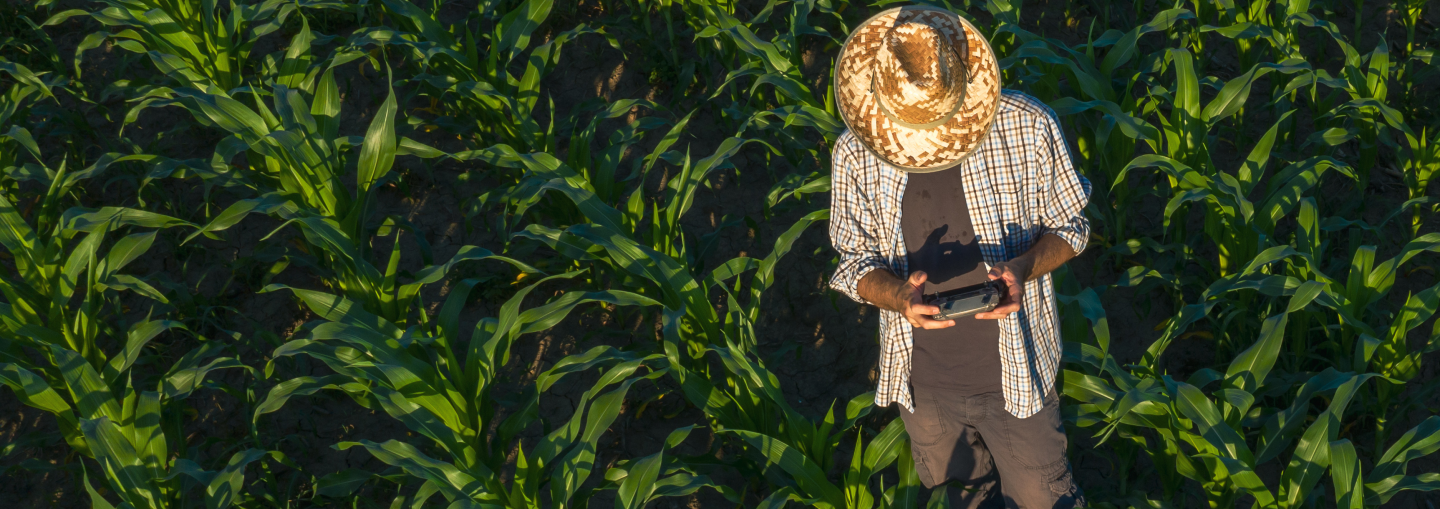
Kenya Standard 1758
The Kenya Standard 1758 promotes safe and sustainable agricultural practices in Kenya, aligning with international protocols on food safety, worker and environmental health and good agricultural practices.

Kenya Standard 1758:2016
About the standard
The Kenya standard is administered by a secretariat hosted at AFA-Horticulture Crops Directorate, drawing from industry stakeholders. Implementation guidelines ensure conformity assessment and participation of accredited certification bodies like Control Union Kenya.
Kenya Standard 1758:2016 (KS 1758) is a set of guidelines for the horticulture industry in Kenya, which lays down the hygienic and safety requirements to be followed during the production, handling and marketing of flowers and ornamentals, fruits, vegetables, herbs and spices. The standard has two parts:
- Part 1 dealing with Floriculture (flowers and ornamentals)
- Part 2 dealing with Fruits and Vegetables.
For all stakeholders in the horticulture value chain
The KS 1758 standard applies to all stakeholders in the horticulture value chain, including breeders, propagators, producers, consolidators, traders, shippers and cargo handlers catering to local, regional and international markets. The primary objectives of the standard are to promote good agricultural practices, safeguard consumers’ interests, foster social welfare, environmental conservation and encourage compliance with applicable laws and regulations.

How you benefit
Adopting KS 1758 helps producers to ensure the quality, safety and sustainability of their products, while also enhancing their market access and competitiveness.

How can we help you?
Are you looking for a certain service, do you have any questions or do you want to apply for the certification program? Let us know. We’re glad to be of help.